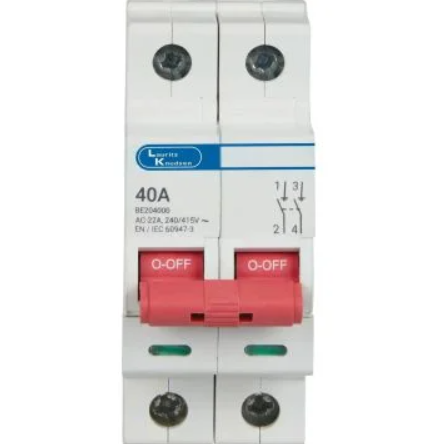
Automating Tax Reporting with ERP for Effortless ZATCA E-Invoicing in Saudi Arabia
- ryan elijah
- Technology
- 2025-08-13
- 1919K
In the current high velocity digital economy regulatory compliance has become more complex than ever. In the case of companies working in Saudi Arabia, the compliance with ZATCA requirements is not only a legal prerogative, it is a pillar of future development. Enterprise Resource Planning (ERP) software is one of the most revolutionary tools that can be used to ensure that compliance is achieved quickly and easily. The best ERP Saudi Arabia systems make it easier to automate the process of reporting taxes, which makes it simple to file ZATCA with no human errors, and it enhances efficiency greatly.
The Problem of Manual Tax Reporting
The traditional tax reporting techniques tend to include siloed spreadsheets, fragmented accounting systems and manual reconciliations that are time consuming. Such old-fashioned operations expose companies to errors, time wastage and possible fines due to non-compliance. The progressive approach to e-invoicing introduced by ZATCA, and particularly the fact that the second part of the process (Phase 2: Integration Phase) is currently operational, requires the accuracy of data and the security of invoice creation, as well as integration with government systems that are difficult to realize without digital automation.
The way ERP Software makes ZATCA Compliance Easy
An ERP system integrates all business processes including finance, procurement, inventory, sales amongst others. When ERP provisions the integration of tax modules, the organization is capable of automating all the processes of the VAT lifecycle, including the generation and validation of invoices, the reporting and archiving.
How does ERP change ZATCA compliance? Let us find out:
1. Invoice Generation and Archiving in real-time.
Being in possession of ERP, one can automatically create invoices based on the e-invoicing schema of the ZATCA. The system contains QR codes, digital signatures, and XML formatting, which will not require manual interference. After the issuance, they are automatically archived in a secure and ZATCA-compliant format, therefore, always being audit-ready.
2. Easy Connection to ZATCA Portal
The new ERP systems are programmed to connect directly with the FATOORA platform of ZATCA using APIs. This integration allows sending invoices in real-time and receiving acceptance by the tax authority at the time of submission. The company is no longer required to batch-upload invoices, or do any double entries- which saves time and minimizes the risk of compliance.
3. Computerized Tax Computations
ERP systems are capable of being set up so that VAT is automatically charged in accordance with the nature of goods, services and location of the customer. It can be a regular, zero-rated, and exempted products, but in any case, the ERP charges the right VAT proportion based on Saudi tax regulations. This eliminates calculation mistakes and simplifies filing of returns.
4. Intelligent Alerts and Compliance Monitoring
One of the advantages of automation is proactive compliance. ERP solutions may be configured to send alerts in case of any difference or data missing- like TRNs (Tax Registration Numbers) that are invalid, wrong invoice format or out-of-scope transactions. These intelligent notifications assist tax groups to identify problems prior to submission so that they can smoothly interact with Zatca e-invoicing Saudi Arabia.
5. Automatic Tax Reports
VAT reports are prepared manually and this is time consuming and prone to errors. This is removed by ERP software that auto-generates tax summaries, VAT returns and reconciliations, based on real-time transaction information. These reports can be scheduled and downloaded immediately so that it is filed on time each month or quarter.
6. Audit Trail and Records Keeping
According to ZATCA, businesses are required to keep records minimum of six years. This is guaranteed by the ERP systems that store all the financial records, invoices, and logs of submissions. Businesses also have the advantage of following each action on a document through built in audit trails- this increases transparency, and it is ready in case of tax audit.
The Advantages of Tax Reporting Automation using ERP
Accuracy:
Do away with human errors in calculations and submissions.
Efficiency:
Eliminate hours of manually keyed data and reconciliation.
Transparency:
Have a complete audit trail on each transaction.
Real-Time Compliance:
Achieve ZATCA deadlines and specifications in real-time.
Cost Reduction:
Lower the cost of manual preparation of tax.
Final Thoughts
Automation is no longer a luxury in the new tax environment in Saudi Arabia. With ERP systems, automation of tax reporting is easier, the compliance with ZATCA is simplified, the risks are minimized, and the resources allocated to it can be instead focused on strategic moves. As laws become more complicated, investing in ZATCA-compliant ERP solution keeps your business ahead of the game, with no effort.
Leave a Reply
Please login to post a comment.












0 Comments